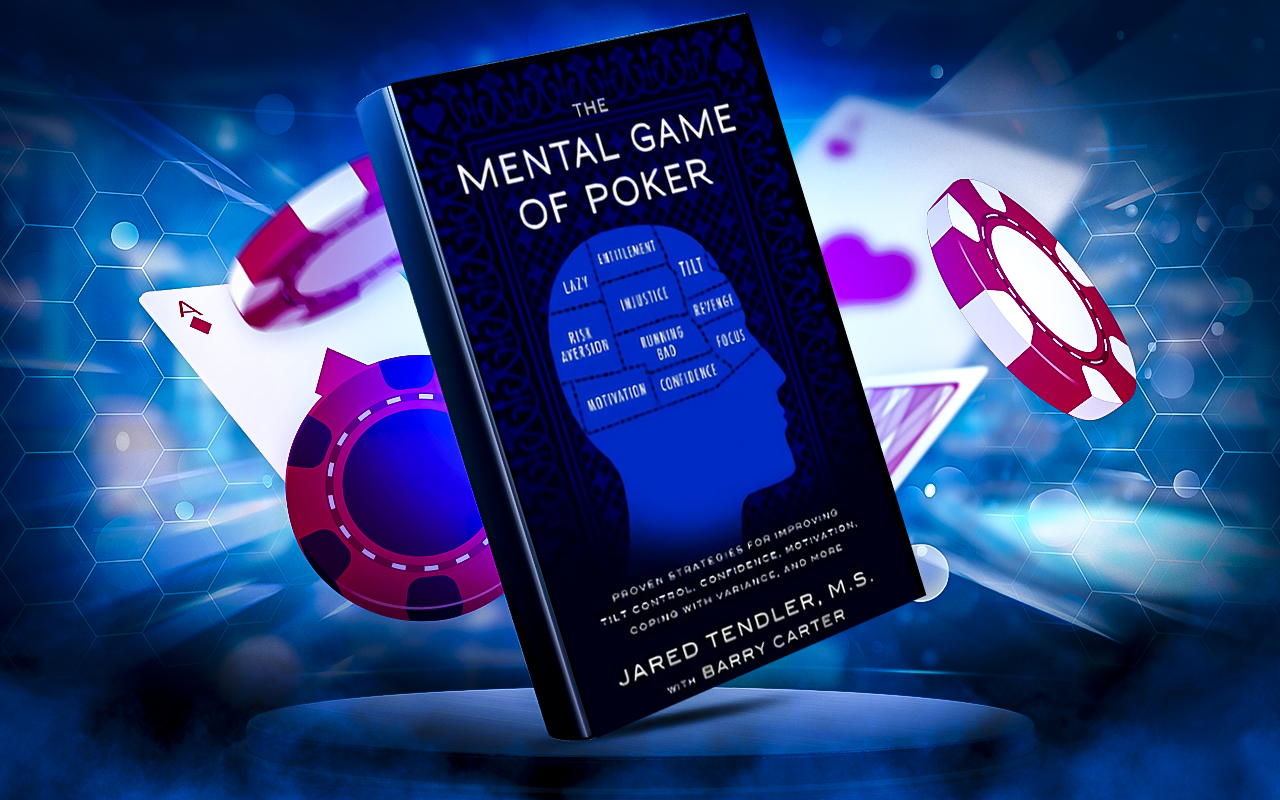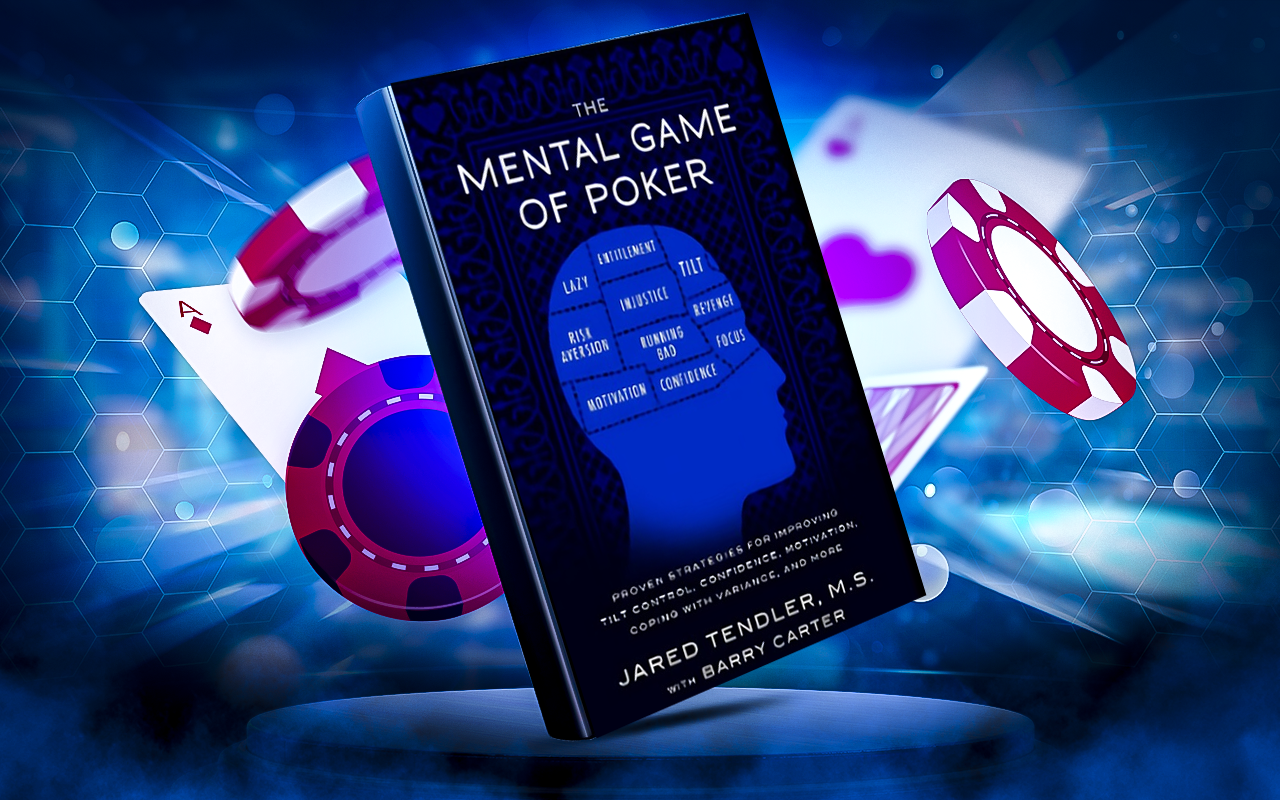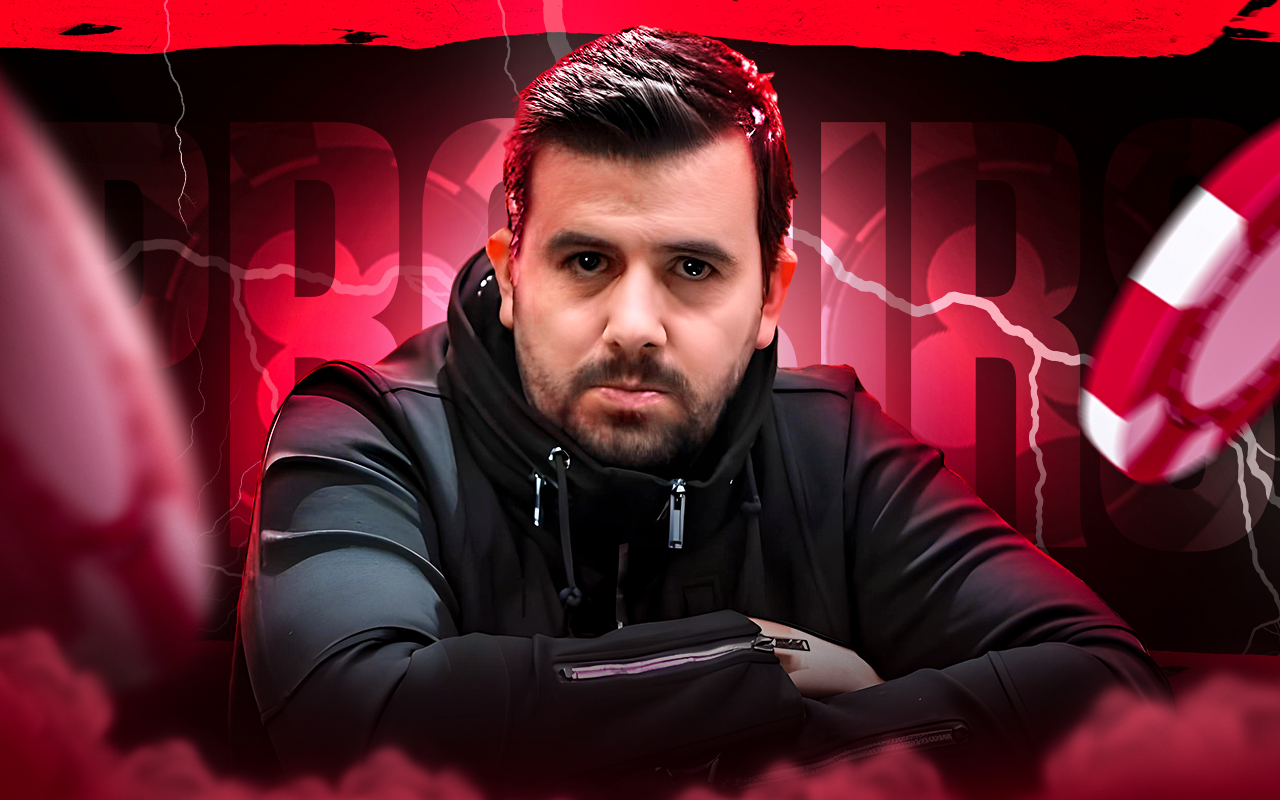How to deal with tilt in poker: working tips from current players
Tilt denotes a negative emotional state that occurs in a player as a result of an unfavorable situation in the game.
Tilt is also called depression in poker and it can be caused by a variety of factors such as losing large amounts of money, low level of play, social or competitive pressures, as well as overexertion and fatigue. This condition can lead to making bad decisions based on emotions rather than logic and odds calculation. As a result, you can get worse gaming skills, low self-esteem and lack of motivation.
But do not panic, there are many ways to deal with this condition. To combat tilt in poker, there are several ways to try.
Take breaks
Take small breaks during the game to rest and calm down. This can help you avoid emotional overstrain and allow you to focus on the game. For poker beginners, the optimal session length is approximately 1-2 hours, although even in such a short game there should be small breaks. However, if you are a professional player, then the session can last from 2 to 8 hours.
Rate your game
If you feel that tilt is appearing more and more often, then this may indicate problems with your game. Evaluate your strategy and find the reasons for your losses in order to correct them. If you are not sure how to figure out the problems on your own and evaluate your level, you should contact professional coaches who will analyze the games and give valuable advice.
Set yourself limits
Determine your bankroll and betting limits to avoid big losses and keep your composure in the game. Tilt often occurs when you "climb" a limit higher. For a successful and stable (emotionally) transition to a new limit, it is worth considering a few points:
- The main prerequisite for moving to the next limit is the beaten previous one;
- Determine your bankroll. To determine the required bankroll at the new limit you need to use a simulator and honestly evaluate your expected win rate, reducing it by 3-5 or more than at the previous level. The number of buy-ins can vary from 20 to several hundred, depending on the individual situation;
- It is important to have an airbag, that is, some amount of money, enough to cover the costs for several months, in case of an unsuccessful game or when moving up in the limits. It is necessary to take into account mandatory expenses and focus on the fact that at the new limits it may take much more time to reach earnings.
Don't react to emotional players
Avoid contact with emotional players that can aggravate your condition. Focus on your strategy and game.
Remember your goals
Remind yourself of your goals and why you are playing poker. This will help you stay positive and avoid emotional outbursts.
Play safe and use analysis tools
Don't make quick and risky decisions based on emotions. Focus on your strategy and make decisions based on situation analysis and odds calculations. In making the right decisions, the use of tools such as statistics or mining services can come in handy. They help to more accurately determine the level of the player and find weak spots, which can reduce the level of tilt. In addition, the use of such sites can give you more confidence in making decisions at the gaming table and improve the quality of your game.
Ask for help
If you feel that tilt has escalated into depression and is affecting your life, seek professional help. A psychologist or psychotherapist can help you cope with your emotional state and find ways to solve problems.
It should be understood that tilt is a serious condition faced by many poker players. It can lead to depression, frustration, and other negative symptoms that can greatly affect the game.
Players can fight tilt by controlling their emotions and making rational decisions. This is facilitated by meditation, deep breathing and other stress management techniques.
It is also important to pay attention to learning game strategies, improving your skills and abilities, and accepting losses as part of the learning process. In general, dealing with tilt in poker is an important part of the game, and players who learn to control their emotions are more likely to succeed.



